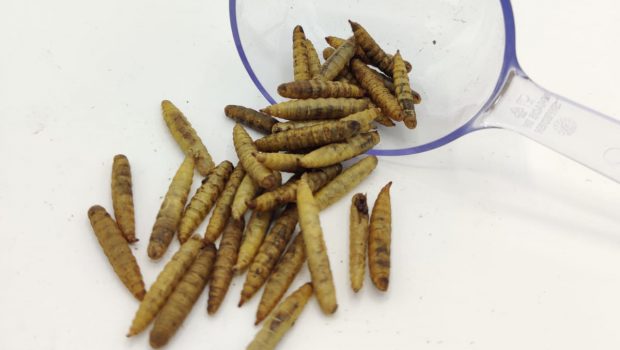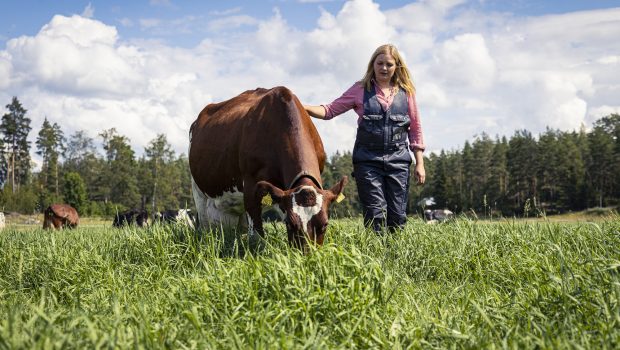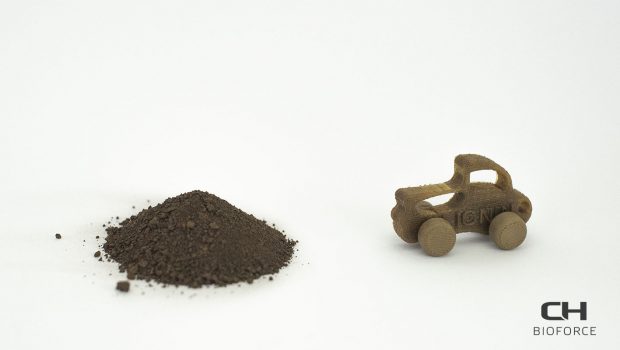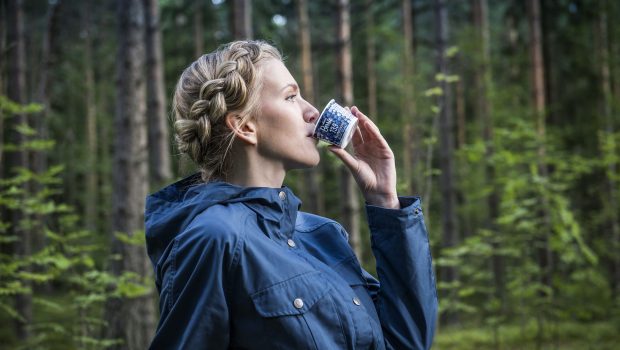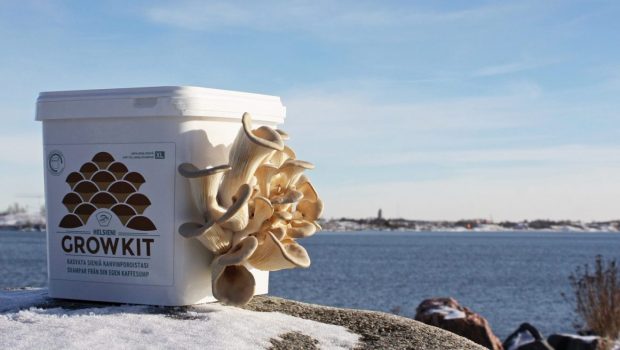Food
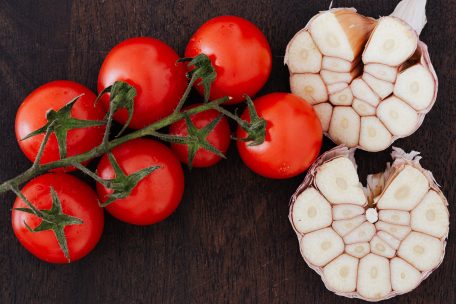
Bioeconomy aims for even safer food that is grown, fertilised and processed in a way that minimises adverse climate impacts and enhances the its health-promoting properties. Functional foods produced through the bioeconomy include xylitol chewing gum, yogurts containing lactic acid bacteria and plant sterol-enriched margarines. Synthetic additives have been replaced with nature’s own substances.
Material previously considered waste also presents an opportunity for the bioeconomy. Efficient utilisation of raw materials ensures that the healthiest components of plants are used for human consumption or animal feed instead of ending up in landfills. Food industry side streams can be used to produce bioproducts in the chemical industry as well as in energy production. This means that several products are produced simultaneously and every effort is made to avoid discarding any of the materials.

